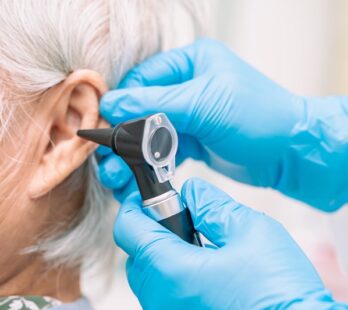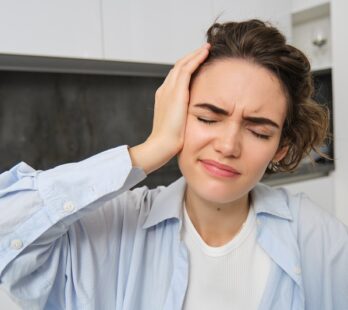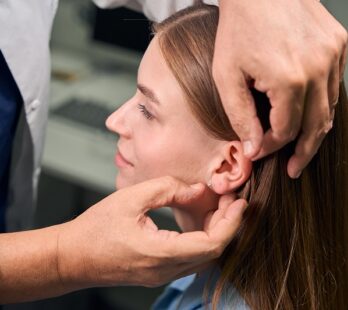Treating Sudden Hearing Loss in One Ear
Sudden hearing loss in one ear is rare but often treatable when addressed promptly. It typically affects only one ear and may be noticed upon waking, over several days, or while using devices such as earbuds or a mobile phone. Individuals may also experience accompanying symptoms, including a popping sound, tinnitus (ringing in the ears),










